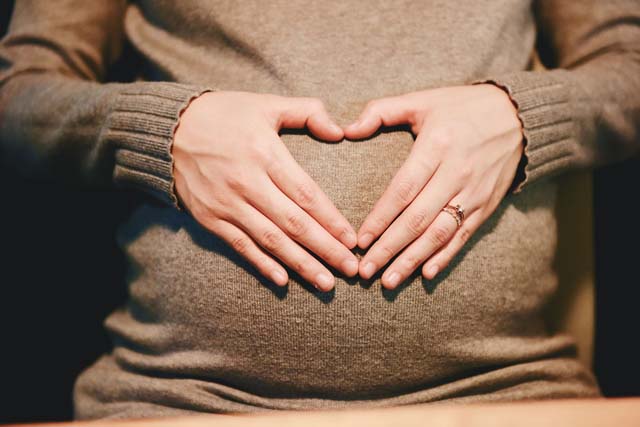An advisory panel of the US Food and Drug Administration (FDA) voted in favor of approving a Pfizer vaccine for use in pregnant women, in order to indirectly protect their babies.
As reported by The New York Times , 14 advisors unanimously agreed that the vaccine was effective. The FDA normally follows its recommendations , so the statement is awaited.
Ten of the 14 agreed that the vaccine was safe, and expressed some concerns about the elevated rates, not all statistically significant, of premature births among mothers who received the vaccine compared with those who received a placebo.
This vote occurred a few days after the FDA decided to approve the first RSV vaccine for older adults, this time from the company GSK.
Pfizer’s vaccine for pregnant women, called Abrysvo , is being reviewed ahead of another option that would be given to babies that was also submitted to the FDA : a monoclonal antibody shot intended to provide five months of protection.
RSV usually attacks babies and older adults more severely. According to the Centers for Disease Control and Prevention (CDC), in the US, up to 80,000 children under age 5 are hospitalized with the virus each year and up to 300 die. At the same time, 160,000 people over 65 years of age require hospitalization due to this agent, and around 10,000 die. Babies up to 6 months old had twice the risk of hospitalizations compared to those older than that age.
The vaccine, which was reviewed this Thursday, was tested on 7,300 women after the 24th week of pregnancy. Approximately half of them received it while the other received a placebo. During the first 90 days after birth, six babies in the vaccination group had a severe case of RSV, compared to 33 in the placebo group, translating to an efficacy of almost 82%.
The study, published in The New England Journal of Medicine , showed that for six months after birth, the vaccine was 69% effective . In the treatment group, 19 babies became seriously ill compared to 62 in the placebo group.
During the hearing, the main safety concern was whether the vaccine was linked to premature birth, a reason that led GSK to stop its trial in pregnant women. This vaccine, called Arexvy, was approved for older adults at the beginning of the month.
The label for the GSK vaccine says that in trials of pregnant women, 6.8% who received it had premature births, compared to 5% in the placebo group.
In the Pfizer study, preterm birth was reported in 5.6% in the treatment group, compared to 4.7% in the placebo group. FDA officials reported that the difference was not statistically significant.
















